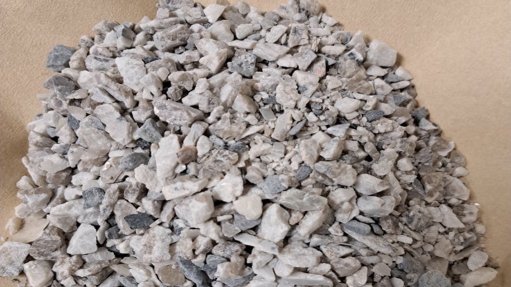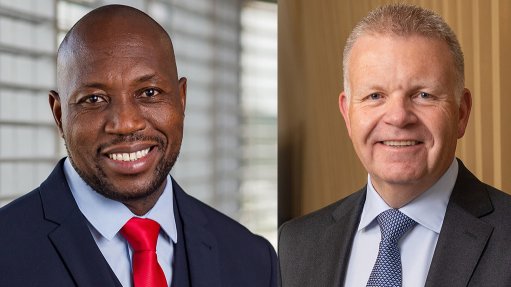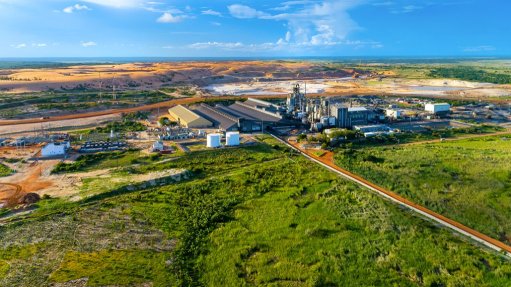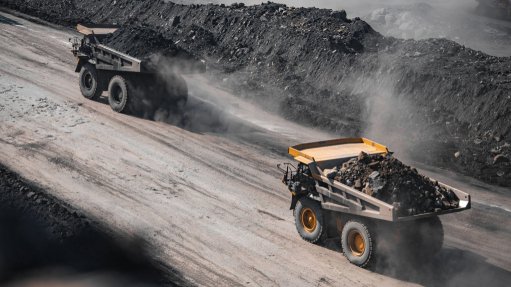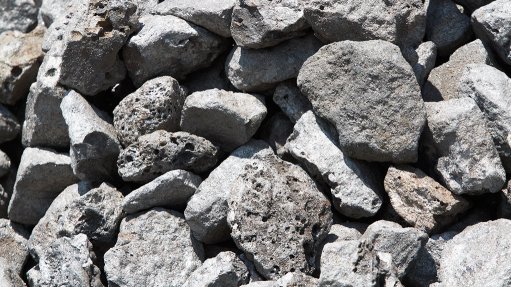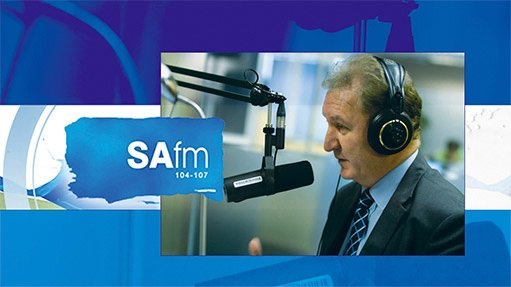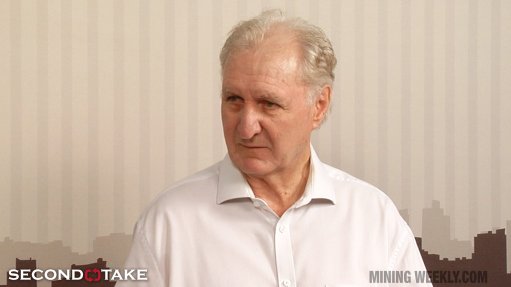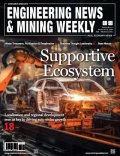Local adaptation key to solving SA’s water challenges

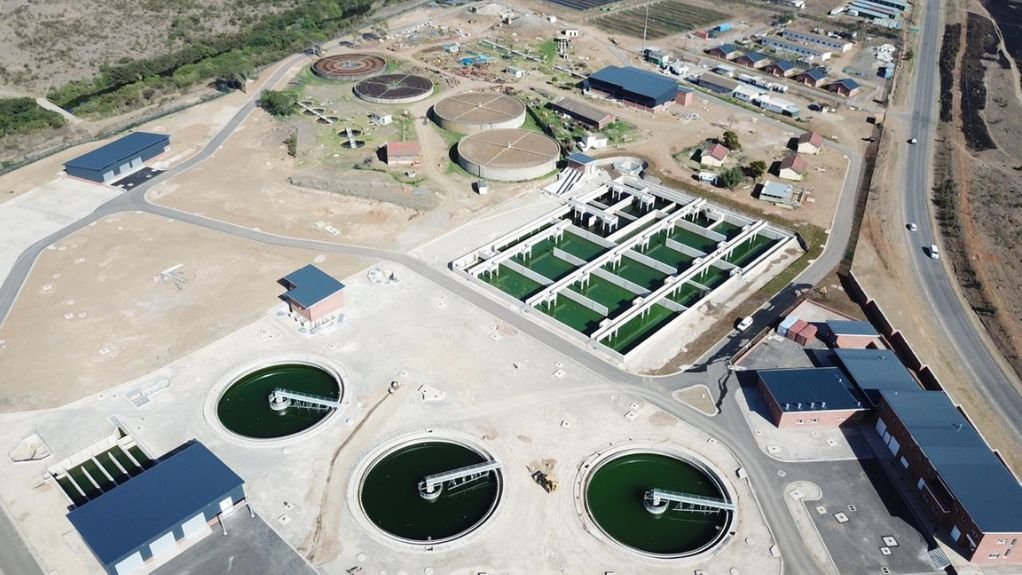
SANITATION PROJECT The Zwelitsha WWTW in Qonce, in the Eastern Cape, is a large-scale sanitation project meant to replace several overloaded treatment plants in the area
There are several factors undermining water infrastructure performance in South Africa, says consulting engineering company GIBB technical executive Wiero Vogelzang, adding that first among them is the poor understanding of local water and sanitation conditions.
He explained that applying solutions that are tailored to the specific needs of each region, based on a strong understanding of local conditions and supported by skilled and experienced technical teams, is very important for ensuring long-term success and sustainability.
He cited a recent success story; the upgrade of the Zwelitsha Wastewater Treatment Works (WWTW), where GIBB implemented a robust mechanical filterscreen.
The Zwelitsha WWTW in Qonce (formerly King William’s Town), in the Eastern Cape, is a large-scale sanitation project meant to replace several overloaded treatment plants in the area.
Launched in 2012 as part of Buffalo City’s regional sewer upgrade, the plant was designed to treat 17.5-million litres of wastewater a day.
Despite millions of rands spent by the municipality, the facility remained incomplete and mostly non-operational for more than a decade. Poor project planning, budget overruns, vandalism and weak oversight left the WWTW idle, raising serious environmental, health, and governance concerns.
But recent efforts by Buffalo City Metro to revive and complete the project have resulted in some progress.
GIBB’s most recent work took place in early 2025, during the facility’s upgrade phase.
Vogelzang explained that the new filterscreen, which is a device used to strain away solid materials from liquids, does a much better job of screening, which helps stop clogging and reduces the need for expensive emergency repairs.
Vogelzang said GIBB approaches water and sanitation infrastructure through a community-first, multidisciplinary lens. “To ensure any water solution is practical and sustainable, we begin by assessing institutional capacity, political will, available human and financial capital and the readiness of the operations and maintenance team to maintain the infrastructure. Only once these elements are aligned, do we proceed with the adoption of new technology.”
He said that the team developed technical support systems that engaged local tradespeople such as plumbers, electricians and others, who were trained to maintain and repair new water and sanitation systems. He added that it was about building local capacity.
He believes that maintaining infrastructure and equipment properly is crucial for extending the lifespan of assets, adding that, by adopting the right strategy, the capital spent on maintenance becomes the most economical option.
Filters and tanks, for example, should be inspected yearly, while other durable components still require frequent checks despite their longer lifespan. Routine inspections help identify potential problems early, such as leaks or wear and tear. Therefore, preventative maintenance plays a vital role in ensuring the long-term durability of infrastructure, he advised.
According to the Water Research Council, yearly maintenance of infrastructure such as pipelines or pumpstations can cost less than 1% of their replacement value. By contrast, poor maintenance can reduce a pump’s lifespan by 30% to 50%. The cost of failure extends far beyond the direct cost of repair and replacement of equipment and includes secondary impacts, such as contamination and service interruptions.
Vogelzang highlighted that education and local ownership are also vital for maintaining the long-term sustainability of projects. He explained that GIBB delivers customised training during both the construction and implementation phases of new infrastructure to address site-specific needs.
He advocates for a pragmatic, demand-driven strategy when choosing technologies for future projects. “In many parts of Africa, robust equipment that doesn’t rely on consistent grid power, such as solar-powered boreholes or oxidation ponds, is often the best solution. These systems are sustainable, scalable and suited to local conditions.”
Article Enquiry
Email Article
Save Article
Feedback
To advertise email advertising@creamermedia.co.za or click here
Press Office
Announcements
What's On
Subscribe to improve your user experience...
Option 1 (equivalent of R125 a month):
Receive a weekly copy of Creamer Media's Engineering News & Mining Weekly magazine
(print copy for those in South Africa and e-magazine for those outside of South Africa)
Receive daily email newsletters
Access to full search results
Access archive of magazine back copies
Access to Projects in Progress
Access to ONE Research Report of your choice in PDF format
Option 2 (equivalent of R375 a month):
All benefits from Option 1
PLUS
Access to Creamer Media's Research Channel Africa for ALL Research Reports, in PDF format, on various industrial and mining sectors
including Electricity; Water; Energy Transition; Hydrogen; Roads, Rail and Ports; Coal; Gold; Platinum; Battery Metals; etc.
Already a subscriber?
Forgotten your password?
Receive weekly copy of Creamer Media's Engineering News & Mining Weekly magazine (print copy for those in South Africa and e-magazine for those outside of South Africa)
➕
Recieve daily email newsletters
➕
Access to full search results
➕
Access archive of magazine back copies
➕
Access to Projects in Progress
➕
Access to ONE Research Report of your choice in PDF format
RESEARCH CHANNEL AFRICA
R4500 (equivalent of R375 a month)
SUBSCRIBEAll benefits from Option 1
➕
Access to Creamer Media's Research Channel Africa for ALL Research Reports on various industrial and mining sectors, in PDF format, including on:
Electricity
➕
Water
➕
Energy Transition
➕
Hydrogen
➕
Roads, Rail and Ports
➕
Coal
➕
Gold
➕
Platinum
➕
Battery Metals
➕
etc.
Receive all benefits from Option 1 or Option 2 delivered to numerous people at your company
➕
Multiple User names and Passwords for simultaneous log-ins
➕
Intranet integration access to all in your organisation








